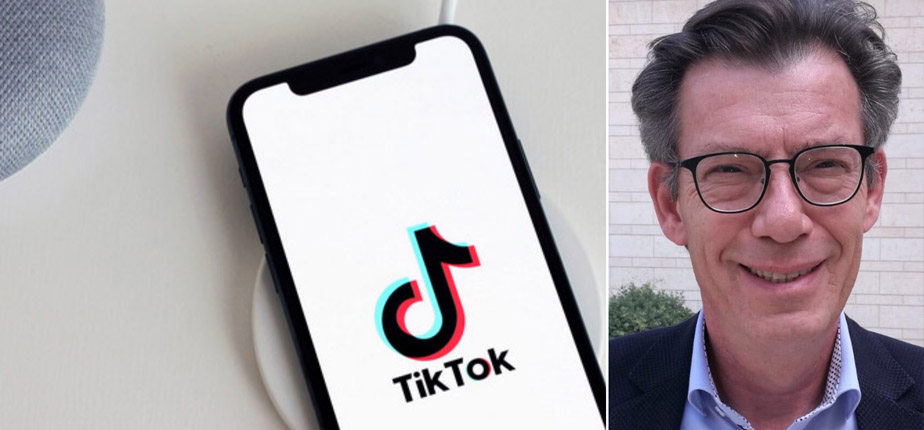
Harun Nasrullah
The US push to ban TikTok was driven more by concerns over Israel’s image than fears of Chinese infiltration, according to congressional insiders and a revealing State Department memo.
The social media platform, owned by Chinese company ByteDance, has become a battleground for public opinion on the Israel-Palestine conflict, with pro-Palestine content allegedly influencing young Americans’ views.
At the 61st Munich Security Conference, held from February 14 to 16, U.S. Senator Mark Warner, the top Democrat on the intelligence committee, hinted at the deeper motivations behind recent efforts to restrict TikTok. Speaking on a panel alongside Mike Gallagher—a former U.S. Congressman and current Palantir Executive—Warner acknowledged growing concerns about the platform.
Gallagher, who introduced the bill to ban TikTok in 2023 on national security grounds, admitted that the legislation only gained momentum after October 7, when “antisemitic content” began circulating on the app.
“So we had a bipartisan consensus,” Gallagher said. “We had the executive branch, but the bill was still dead until October 7th. And people started to see a bunch of antisemitic content on the platform, and our bill had legs again.”
Independent journalist Ken Klippenstein uncovered a State Department memo that sheds light on Israel’s role in shaping the narrative around TikTok. The memo, prepared for Near East Affairs diplomats, reveals that Israeli officials have been actively lobbying Washington about TikTok’s impact on young Americans’ perception of Israel.
Emmanuel Nahshon, Israel’s Deputy Director General for Public Diplomacy at the foreign ministry, blamed TikTok’s algorithm for the growing opposition among youth to the war on Gaza. According to the memo, Nahshon dismissed the idea that the U.S. and Israel faced a credibility problem due to the unpopular war. Instead, he argued that the platform’s algorithm favored pro-Palestine content, which was shifting public opinion.
“The Israelis seemed oblivious to the fact that they are facing major, possibly generational damage to their reputation not just in the region but elsewhere in the world,” the memo stated.
Several U.S. lawmakers and prominent figures have echoed these concerns, accusing TikTok of amplifying pro-Palestine content.
Republican Senator and former presidential candidate Mitt Romney highlighted the disparity in mentions of Palestinians on TikTok compared to other platforms.
“Some wonder why there was such overwhelming support for us to shut down potentially TikTok or other entities of that nature,” Romney said in May. “If you look at the postings on TikTok and the number of mentions of Palestinians, relative to other social media sites—it’s overwhelmingly so among TikTok broadcasts.”
Nikki Haley, another former Republican presidential candidate, went even further, claiming that simply watching videos on TikTok could make users antisemitic. Haley, who infamously signed an Israeli bomb meant for Gaza with the words “finish them,” has been a vocal critic of the platform.
Photo: Emmanuel Nahshon, Israel’s Deputy Director General for Public Diplomacy at the foreign ministry, blamed TikTok’s algorithm for the growing opposition among youth to the war on Gaza (Credit:WikiMedlia)
Gallant admits ordering Hannibal Directive on October 7—reveals Israel’s own fire killed hostages
Jewish Florida man shoots two Jewish Israelis, mistaking them for Palestinians
Super Bowl halftime performer detained after raising Palestinian and Sudanese flags
Over 60 MPs demand ban on Israeli settlement goods
Israel forces Palestinian prisoners to wear Star of David and threatening slogan

